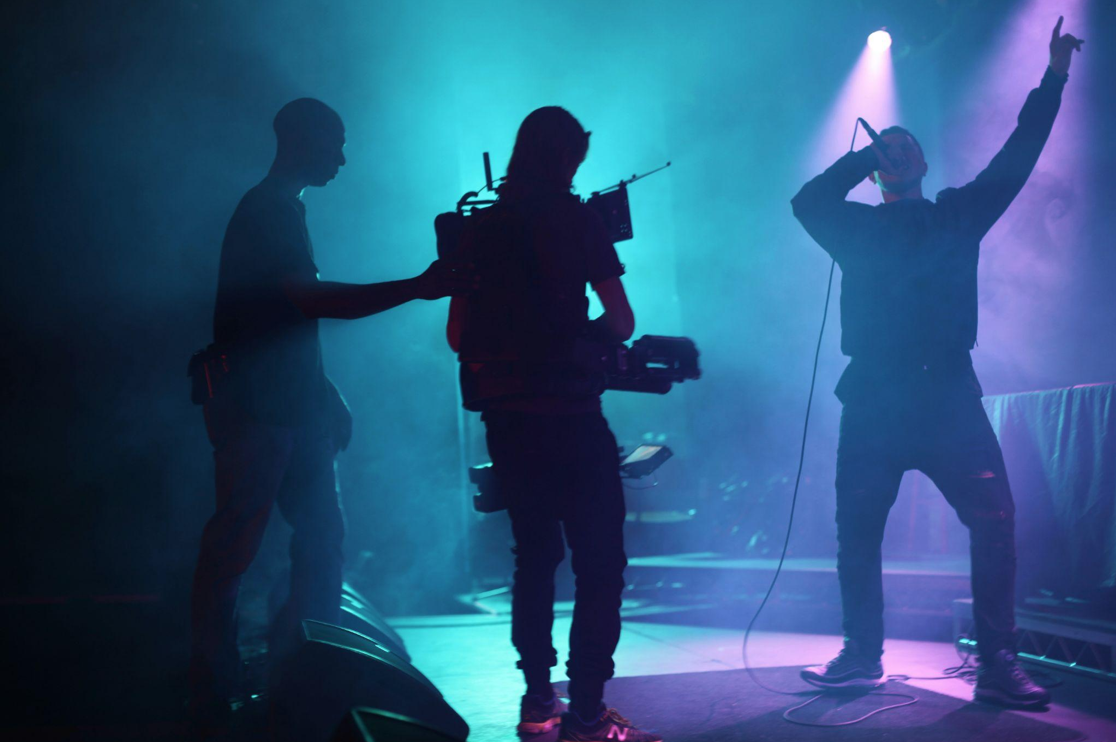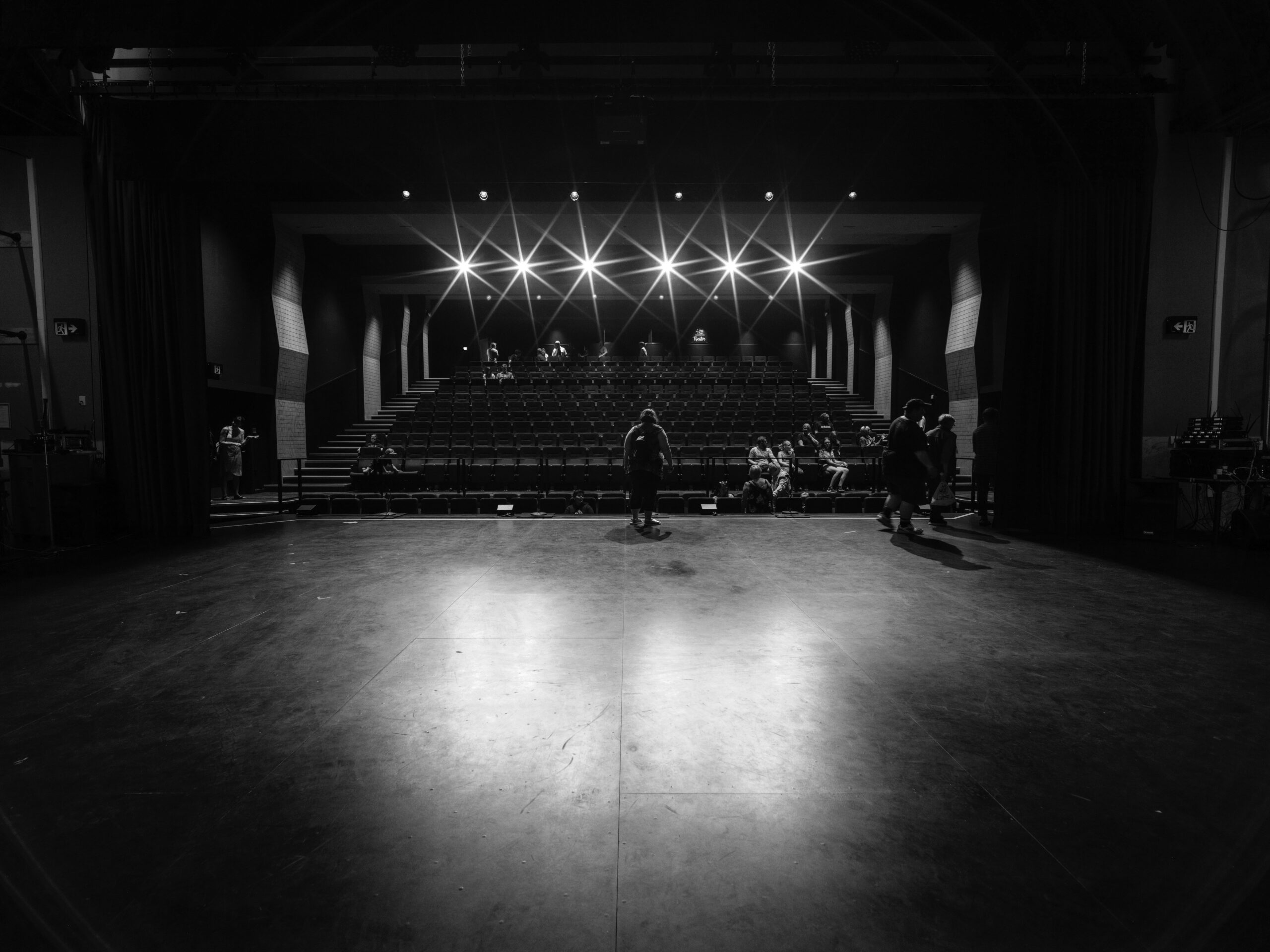Works in Progress: Is It Better to Say Sorry Than to Ask for (and Receive) Permission?

A recent legal dispute between singer-songwriter Tracy Chapman and rapper Nicki Minaj has shed light on an interesting issue in the field of copyright and music: whether musical artists “can be held liable for copyright infringement for works in progress” and whether “artists need permission even to experiment in the studio.”1
In October 2018, Chapman sued Minaj in the United States District Court of the Central District of California alleging copyright infringement of her song Baby Can I Hold You.2 Minaj had been experimenting in a music studio on a remake of the song Sorry, which she originally believed wasby Shelly Thunder but later discovered was actually a cover of Chapman’s song.3 In order to publish a remake, Minaj would need to obtain a license from the copyright owner.4 However, Chapman denied Minaj’s multiple requests to sample, forcing Minaj to release her album without including Sorry.5 Mysteriously, the song somehow found its way into the hands of DJ Flex, who then played the song on the radio, prompting this suit.6
Copyright owners are granted exclusive rights to their works, including the right to prepare derivative works.7 While a creator typically needs to obtain a license granting permission to use original work from a copyright owner,8 there is a defense under Section 107 of the Copyright Act known as the fair use doctrine.9 Fair use is meant to promote freedom of expression “by permitting the unlicensed use of copyright-protected works in certain circumstances.”10 To evaluate whether there is fair use, courts consider the following four factors: (1) purpose and character of the use, (2) nature of the copyrighted work, (3) amount and substantiality of the portion used in relation to the copyrighted work as a whole, and (4) effect of the use upon the potential market for or value of the copyrighted work.11 This doctrine is fairly fact-dependent and requires a case-by-case analysis taking in consideration all of the surrounding circumstances.12
An important finding by the court was that the first factor, purpose and character of the use, favored fair use.13 If Minaj had intended to release the song without a license, there would have been no fair use.14 However, the court determined that Minaj’s purpose was simply experimentation, which favors a finding of fair use, based on Minaj’s multiple requests for licensure, removal of the unapproved song from her album, and express prohibition to DJ Flex from playing any songs not on her album.15 The court was determined to ensure that artists would still be allowed to experiment and sample as part of their creative process before seeking licenses and feared that prohibiting such practices “would limit creativity and stifle innovation within the music industry.”16
Overall, the court found that Minaj’s remake was fair use in this context,17 but the dispute was not over yet. An interesting hitch is that Minaj allegedly was not the one who released her remake to the public.18 The record shows that DJ Flex somehow “obtained a copy of Minaj’s remake of Sorry and played it on the radio” and that Minaj denies sending the DJ a copy and instead instructed him not to play any songs not on her album.19 However, the judge permitted the case to go to trial to determine how the song really did get released. If Minaj had released the song through other means or people, then she likely would not have been able to claim fair use protection as she did from merely experimenting. Chapman and Minaj ended up settling in February 2021, with Minaj paying Chapman $450,000.20
While it is important that artists are able to freely experiment and create, it is also important to protect the artists who have already created their own original work. Chapman has never previously authorized her songs to be sampled,21 and she is “reportedly on a ‘do not sample’ list of artists who do not give the rights to use their work.”22 She expressed her unwillingness multiple times to Minaj that she did not want to grant permission.23 Minaj even released tweets, now deleted, that appeared to ask her fans what she should do in this situation, 24 which could be read into trying to pressure Chapman into granting Minaj rights. Less than two days later, Sorry was released on the radio.25
Ultimately, the court protected musicians’ rights to experiment and prevented a chilling effect on artists who would be deterred from creating and sampling songs. However, this protection covers only those artists who do not then intentionally leak their sampled works without permission. While everyone is choosing to accept that Sorry was not released by Minaj–or at least is accepting settlement at this time–it will be important to see how both artists and courts respond if similar situations arise in the future. In any case, artists should not be bullied into allowing others to use their protected work against their expressed wishes.
Amy Weiss is a Second Year Law Student at the Benjamin N. Cardozo School of Law and an incoming Senior Articles Editor at the Cardozo Arts & Entertainment Law Journal. Amy is interested in intellectual property and privacy law. Amy is also the IT/Software Chair for the Intellectual Property Law Society, a Teaching Assistant for Lawyering & Legal Writing, and is presently interning with Sharma Law PLLC through the Cardozo Visual & Performing Arts Law Field Clinic.
- Ben Sisario, Nicki Minaj Pays Tracy Chapman $450,000 in Copyright Dispute, N.Y. Times (Jan. 8, 2021), https://www.nytimes.com/2021/01/08/arts/music/nicki-minaj-tracy-chapman-lawsuit.html.
- Anastasia Tsioulcas, Tracy Chapman Wins Lawsuit Against Nicki Minaj, NPR (Jan. 8, 2021, 1:39 PM), https://www.npr.org/2021/01/08/954853692/tracy-chapman-wins-lawsuit-against-nicki-minaj; Chapman v. Maraj, No. 2:18-cv-09088-VAP-SS (C.D. Cal. Sept. 16, 2020), https://www.copyright.gov/fair-use/summaries/chapman-maraj-no-18-cv-09088.pdf. Note, Onika Tanya Maraj is Minaj’s legal name. Id.
- Chapman, supra note 2.
- Id.
- Id.
- Id.
- Todd Brabec & Jeff Brabec, Copyright: Protecting Your Songs (Life +70 or 95 Years), ASCAP, https://www.ascap.com/help/music-business-101/money-copyright (last visited Mar. 2, 2021).
- Can I Use Someone Else’s Work? Can Someone Else Use Mine?, U.S. Copyright Office, https://www.copyright.gov/help/faq/faq-fairuse.html (last visited Feb. 26, 2021) [hereinafter FAQs].
- More Information on Fair Use, U.S. Copyright Office, https://www.copyright.gov/fair-use/more-info.html (last visited Feb. 26, 2021).
- Id. (providing examples of fair use including criticism, comment, news report, teaching, scholarship, and research).
- Id.
- FAQs, supra note 8.
- Chapman, supra note 2.
- Sisario, supra note 1.
- Chapman, supra note 2.
- Id. Additionally, copyright holders tend to request to see the proposed work before approval. Id.
- Id.
- Id.
- Id.
- Sisario, supra note 1 (Minaj’s lawyer said they settled only because it would have cost more to go to trial).
- Id.
- Benjamin Lee, Nick Minaj to pay $450,000 to Tracy Chapman for copyright suit, The Guardian (Jan. 8, 2021), https://www.theguardian.com/music/2021/jan/08/nicki-minaj-tracy-chapman-copyright-suit.
- Id. (Chapman released a statement after the suit expressing her feelings on the matter: “I was asked in this situation numerous times for permission to use my song; in each instance, politely and in a timely manner, I unequivocally said no. Apparently, Ms. Minaj chose not to hear and used my composition despite my clear and express intentions.”).
- Jem Aswad, Nicki Minaj, Nas Drop ‘Sorry,’ a Song Cut From ‘Queen’, Variety (Aug. 12, 2018, 9:33 AM), https://variety.com/2018/music/news/nicki-minaj-drops-sorry-featuring-nas-a-song-cut-from-queen-1202902743/. One tweet read:
So there’s a record on #Queen that features 1of the greatest rappers of all time . . . Had no clue it sampled the legend #TracyChapman — do I keep my date & lose the record? Or do I lose the record & keep my date? Do we push #Queen back 1week? Ugh! I’m torn, y’all help. Tracy Chapman, can you please hit me. omg for the love of #Queen.
- Id.



